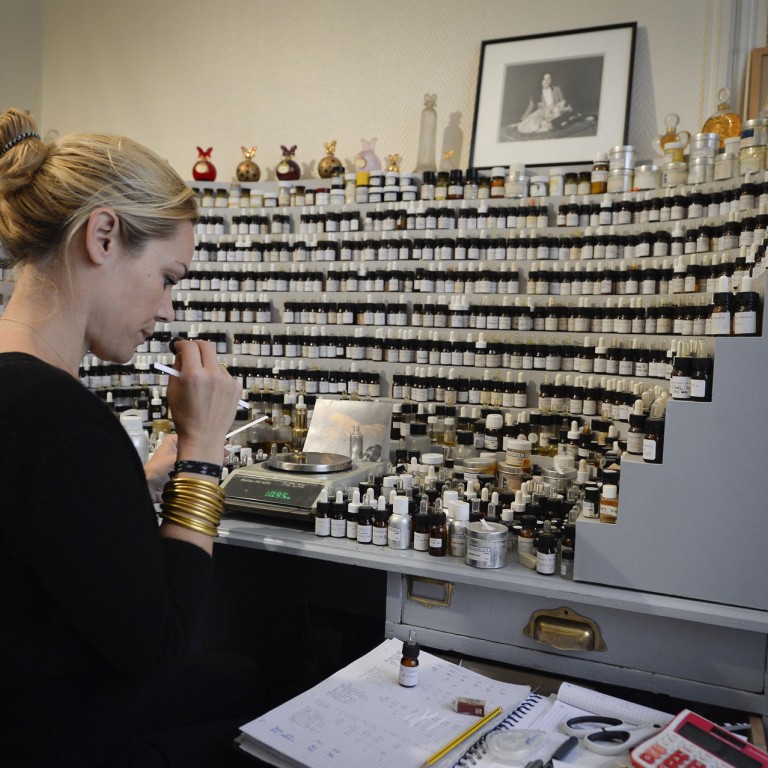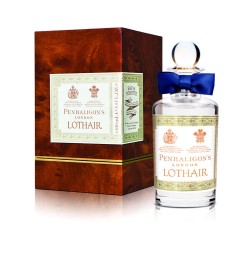Master perfumers defy the trend of mass-market products

A handful of perfumers are returning fragrance to its place as a luxurious art form
In many ways, Camille Goutal and Isabelle Doyen’s workspace could be mistaken for an artist’s studio. A well-worn vintage sofa sits next to a long wooden table strewn with faded photographs, notes and other bits of inspiration.
A small side room houses more photos, sketches and oil paintings, as well as thousands of vials of raw materials stashed in drawers, on shelves and lined up at eye level on what the French pair refer to as “the organ”.

In fact, this cosy corner of a Parisian townhouse is the laboratory for Annick Goutal fragrances – the place where Goutal and Doyen develop and refine their French brand’s signature range of high-quality scents.
“At other companies, everything is made by computer, but here it’s on notebooks,” says Doyen, who also collaborated with Camille’s mother Annick from 1986 until her death in 1999.
“We perfumers are manufacturing our own. We don’t have assistants or big factories. We just have the idea, or story. And then sometimes we add little things.”
Goutal and Doyen are just a few of the master perfumers now bucking the trend in mass-market products endorsed by celebrities and fashion houses, instead restoring fragrance to its original place as a luxury and an art form.
In the process, they are credited with producing an unprecedented range of innovative, highquality scents.

“I think it is the high levels of artistry, passion, skill and risk-taking that make niche brands attractive,” says Harriet Lee, vicepresident of Joyce Beauty, who notes that such brands are outperforming their mainstream counterparts in terms of business growth.